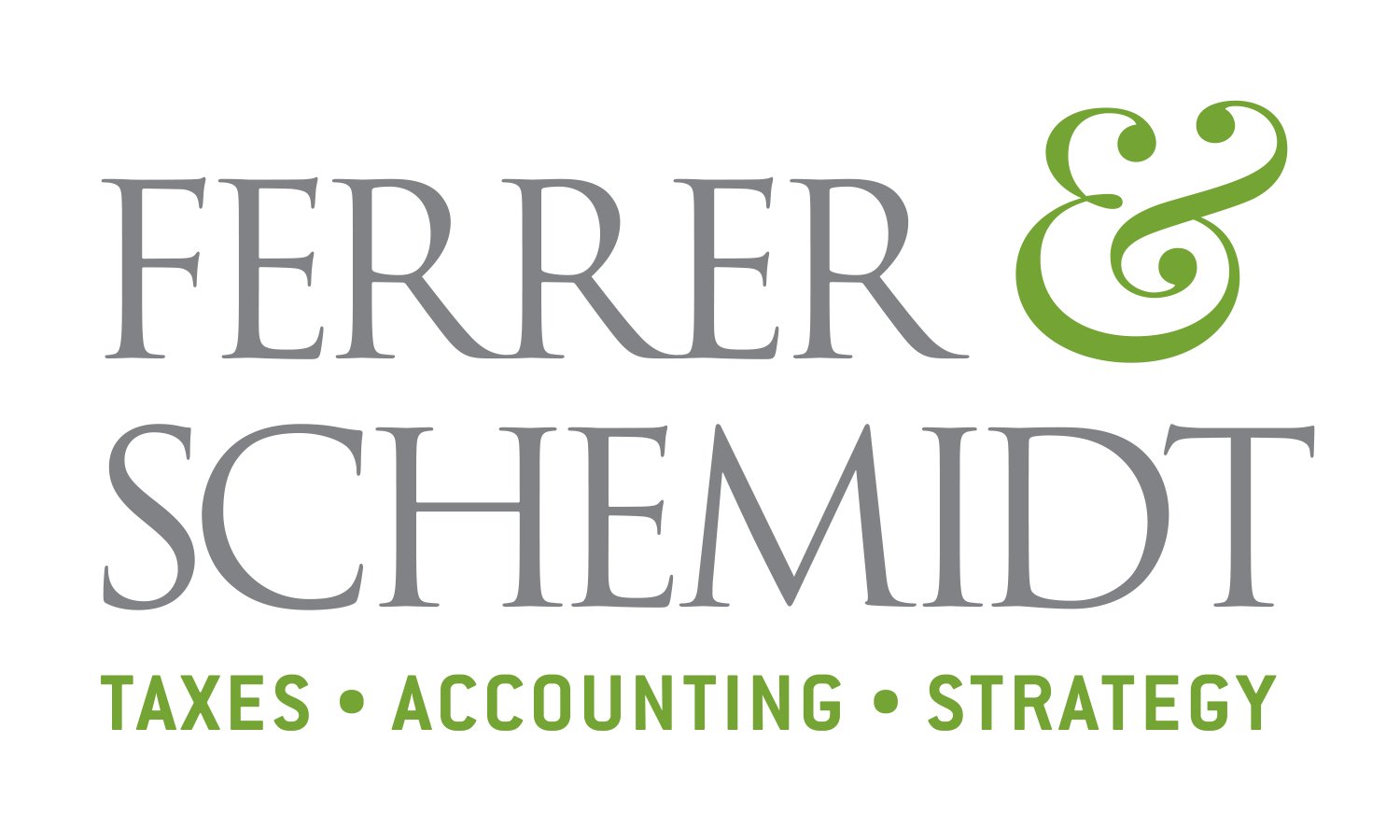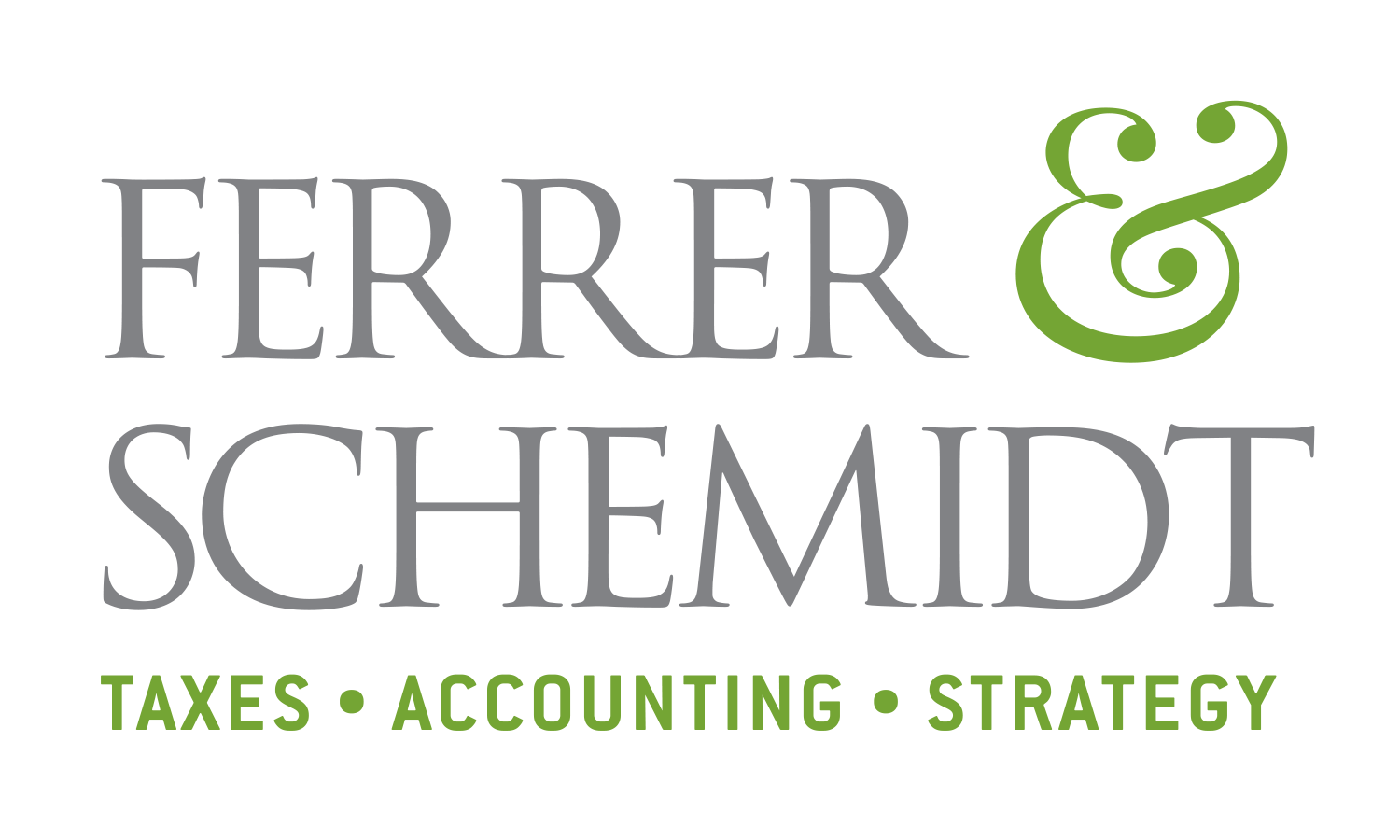Show me the Money
When facing the question what do you need to start up your business idea? Most people would not hesitate to jump and sharply shout: M-O-N-E-Y!
Is it Money all I need to Start?
Would you believe me if I tell you that after over ten years of preparing business plans, we have come to the conclusion that money becomes fourth and sometimes even fifth place in importance. The very top spot for effectively launching a winning idea is: P-A-S-I-O-N! Nothing less.
Pasion is the fuel that will get you through 24 hours of non-sleep dedication, through extended periods of payless efforts. Pasion is the constant motivation to bring your idea to a commercially viable business.
We started F&S in 2002 without any money. After few years, we registered the company, we managed to save some money ($456.00 – Yes, Four hundred fifty-SIX!) to rent a pseudo office. It was a single room executive suite without windows, it looked very much like a busted elevator. I tried to avoid having clients over, not because I was ashamed but because the office was so small it could only fit one person. Or, leave the door open during our meeting. What I am trying to say is that years after I started F&S it was the first time I was facing the need to invest.
EVERY CASE IS DIFFERENT BUT ALL SHARE THE SAME FACTOR: PASION.
I understand that every situation is different and some business ventures will require more resources than others but keep in mind that the further you can take your idea by yourself, the more it will value when the time comes. The first time the idea hit your head, your business has a value. Our first meeting to structure the analysis. Your business has a different value. The first unit you sell. Your business has exponentially increased its value. So if you incorporate debt early on, the less leverage you will have down the road.
Not long ago, I had three visits from three unrelated clients. All three with the idea of launching a meat-market. With minor differences but all three shared the same vision: a boutique style establishment where you could find everything you needed for grilling. This is not weird. It is quite common to have what I call “seasons” for businesses. One time we had four companies launching helicopter-related venues at the same time in Florida. FOUR! Recently, we had three entrepreneurs launching trucking companies and we currently have two paper-product manufacturing initiatives. Each one different but within the same industries.
Anyway, we held the first approach meeting with each client:
Client A was anxious in knowing how much he would need to launch the company, he had some investors aligned and he was ballpark-figuring around $300K to “effectively” launch his company. He had over $150K of his own savings and he was determined to borrowing the rest. He was very passionate about his vision but could not start doing anything unless he had cleared 100% of the initial required investment. Initial investment included sales staff and store manager as requested.
Client B was very structured, a planner. Retired, worked as a high ranking employee for an important company; in other words, low tolerance to risk. His vision surpassed $500K in initial investment. He was waiting to liquidate some assets to have enough cash to launch the venue. Could not commit with landlord on the perfect spot because he wasn’t sure exactly when he would have 100% of the funds he thought he needed. Despite the fact he had more than half of what he believed he needed. Among the total investment, he emphasized the need to estimate and include a full year of operating costs into the initial investment. Just in case sales did not match. This scenario also included formal staffing to work afternoons and weekends.
Client C was very passionate. He was considerably younger. Therefore, higher tolerance to risk. He came in and simply asked four questions: 1. Do I need any special license to launch my business? 2. What kind of sales tax do I need to consider? 3. Is it better a LLC or a Corp? And, 4. Can I use your restroom?
This took place between January and March 2014. From all three clients, Client “C” is the only one who is our current client for accounting, meaning: he is up and running.
Client C, rented the space. Bought four sliding fridge units. Talked to key suppliers, some of them under concession agreement, meaning no cost of inventory. Bought Ikea-style furniture. Excellent minimalistic decoration and of course: a Cash Register. The same register he operates during all seven days of the week while sales pick up. In no time he was up and running.

